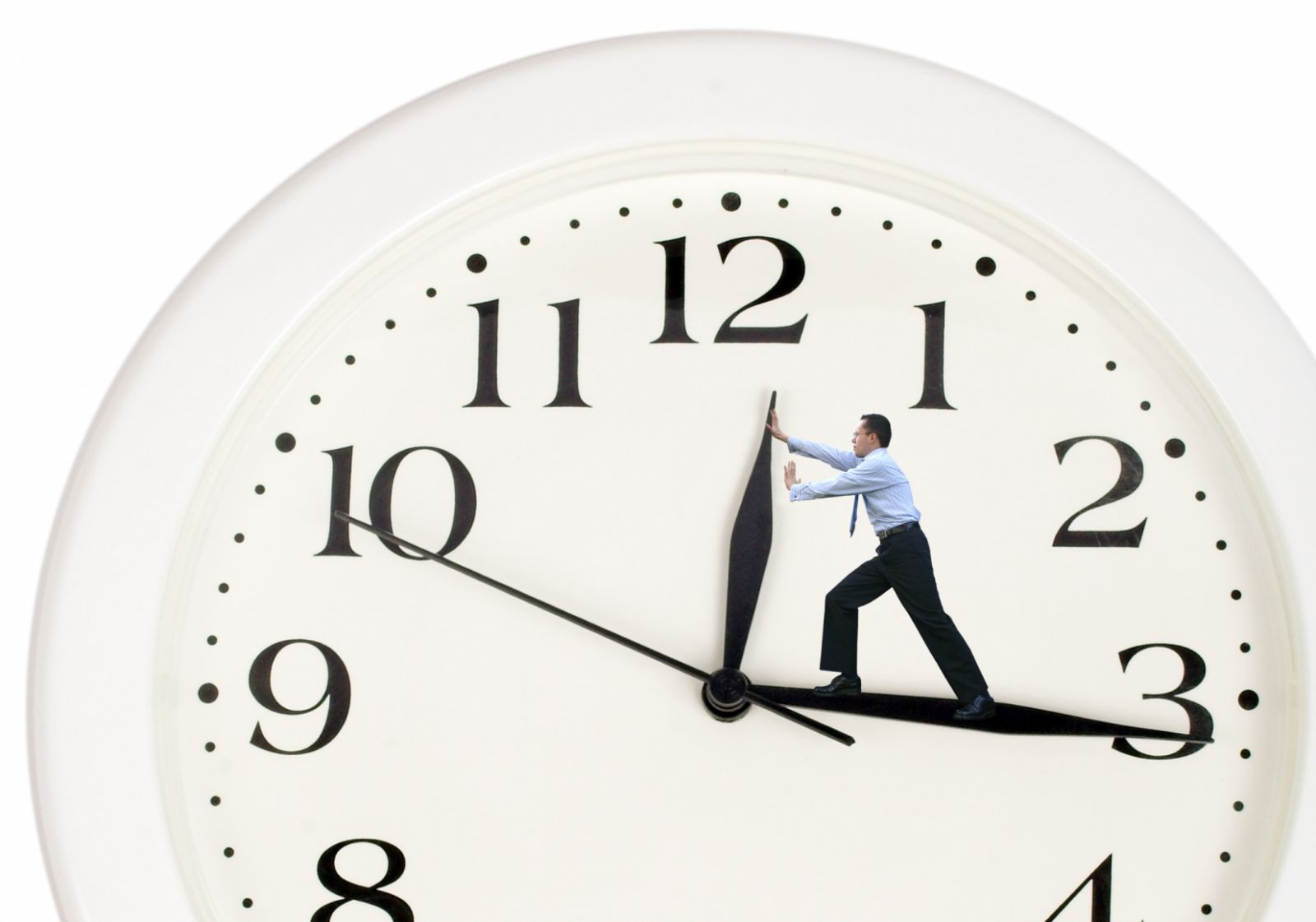Turn back time on aging muscles
Turn back the clock on aging muscles
Regular exercise can turn back the clock for aging muscle.
 It may not be the fountain of youth, but researchers at York University have discovered that regular exercise can effectively turn back the clock for aging skeletal muscle.
It may not be the fountain of youth, but researchers at York University have discovered that regular exercise can effectively turn back the clock for aging skeletal muscle.
The study, “Molecular basis for an attenuated mitochondrial adaptive plasticity in aged skeletal muscle,” was recently published in the journal Aging. The results indicate that the elderly are able to rebuild muscle mass, and while they will not achieve the abs of a 20-year-old, they can reverse significant damage and loss of muscle function caused by inactivity and old age.
The research team led by Professor David Hood, Canada Research Chair in Cell Physiology and a professor in the School of Kinesiology & Health Sciences in York’s Faculty of Health, carried out the study as part of an ongoing series of investigations into the benefits of exercise. This most recent study demonstrates that even in the elderly (individuals of 70 or 80 human years of age), regular exercise has the effect of rejuvenating muscle health, and these benefits are demonstrated by reduced fatigue and enhanced cellular function. The study adds weight to a growing body of findings by Hood and his research team that exercise plays a key role in achieving long-term health, even into advanced age.
“We found that muscle does adapt, but it takes a longer time for that adaptation to take place,” says Hood. “It is not a question anymore that regular exercise offers little benefit for elderly individuals because their muscles won’t adapt. That is not the case. The muscles of older individuals do adapt, they just don’t adapt as robustly or as quickly as younger individuals.”Hood says the study showed that elderly muscle will continue to improve in its responsiveness as long as the exercise continues. “It may take more time but the benefits are definitely there,” he says.

“To prove this, we used a well-established animal model of aging, the Fisher Brown Norway rat at young and very old ages. To avoid any differences in exercise behaviour between ages, we used a chronic stimulation model of muscle contraction in which the muscles of one leg were made to contract for three hours a day for seven consecutive days. This represents a standardized high exercise workload which can be imposed on one leg of both the young and old animals while the opposite leg remains at rest,” explains Hood.
At the end of the seven-day period, the adaptability of the muscle with respect to its ability to withstand fatigue was assessed. Specifically, Hood’s research team looked at key components of muscle cell health, including the production of mitochondria and proteins which are known regulators of mitochondria synthesis. “While the older muscle fatigued more rapidly than the young muscle, this fatigue was reduced by the exercise and the muscle was ‘rescued’, allowing it to perform similarly to that of the young muscle,” says Hood. In the younger muscle, regular exercise increased the mitochondrial content to a greater degree than in the old muscle, but old muscle did experience an increase and there was reduced apoptosis (cell death) in the old muscle.
Hood says the findings mean that exercise carries huge benefits for all ages, and muscle, no matter what its age, can adapt regardless of how old a person is. “People should be encouraged to exercise continually throughout their life,” says Hood. “Don’t expect that as you get older, the adaptations will happen as quickly, but an ongoing lifestyle choice to exercise is very important.”
The benefits, says Hood, are many for the elderly include and include stronger muscles, greater resistance to injury and bone breakage, and enhanced metabolism. “Regular exercise means being less tired doing normal daily activities, improved metabolism which helps you break down fat making you more sensitive to insulin, which is important in preventing pre-diabetic conditions. Better metabolism improves whole body function and wellness.”
getting older, getting fatter
For most people, getting older means getting fatter. And there is a good reason for it. Our metabolism slows down some over the years. But that's not the only factor. There is something else that happens that most people don't pay much attention to. As we age, we usually get much less active.
Think about it. When you were young, your parents almost had to tie you down to keep you still. You weren't going to the gym back then. You may not have been playing sports. But you were constantly moving. And when you weren't moving -- when, for example, you were "stuck" in class -- you felt fidgety. That's because your body just wanted to keep moving. And so you kept it moving every chance you got.
As adults, many of us spend eight hours a day sitting in an office and then another three or four hours sitting on the couch. Add to that the time we spend seated while eating, and you get the full picture.
We've switched our physical routines from moving around most of the time to exercising for, maybe, one hour a day. And when we exercise, we do aerobics and spin classes and weightlifting. None of these activities get our bodies into the zone necessary to build strong lungs and a strong heart.
The other thing that changes as we get older is the way we feel about eating. When we were young, we wanted to eat only when we were hungry and only enough to satisfy that hunger. If we had been in charge of our eating back then, we'd have eaten very sporadically.
But almost as soon as we were able to hold a fork, our parents began "teaching" us to eat properly -- which meant seated at a table. And we were taught to finish everything on our plates (because people in China were starving). That is a very bad, very unnatural way to eat. Yet it's been the traditional pattern in this country since the Industrial Revolution.
Add to that the foods we eat today. Our modern diet, is processed and full of additives and other toxins. Those chemicals throw off your body's 'fat signals.' These signals tell your body how much fat to make and store."
I believe that anyone can counteract a slowing metabolism by sticking to a natural pattern of activity and eating. Natural means eating like cavemen -- our ancestors -- ate. Less frequently, less compulsively ... and no artificial ingredients.
Source:
David Hood – York University Muscle Health Research Centre
- Login to post comments


